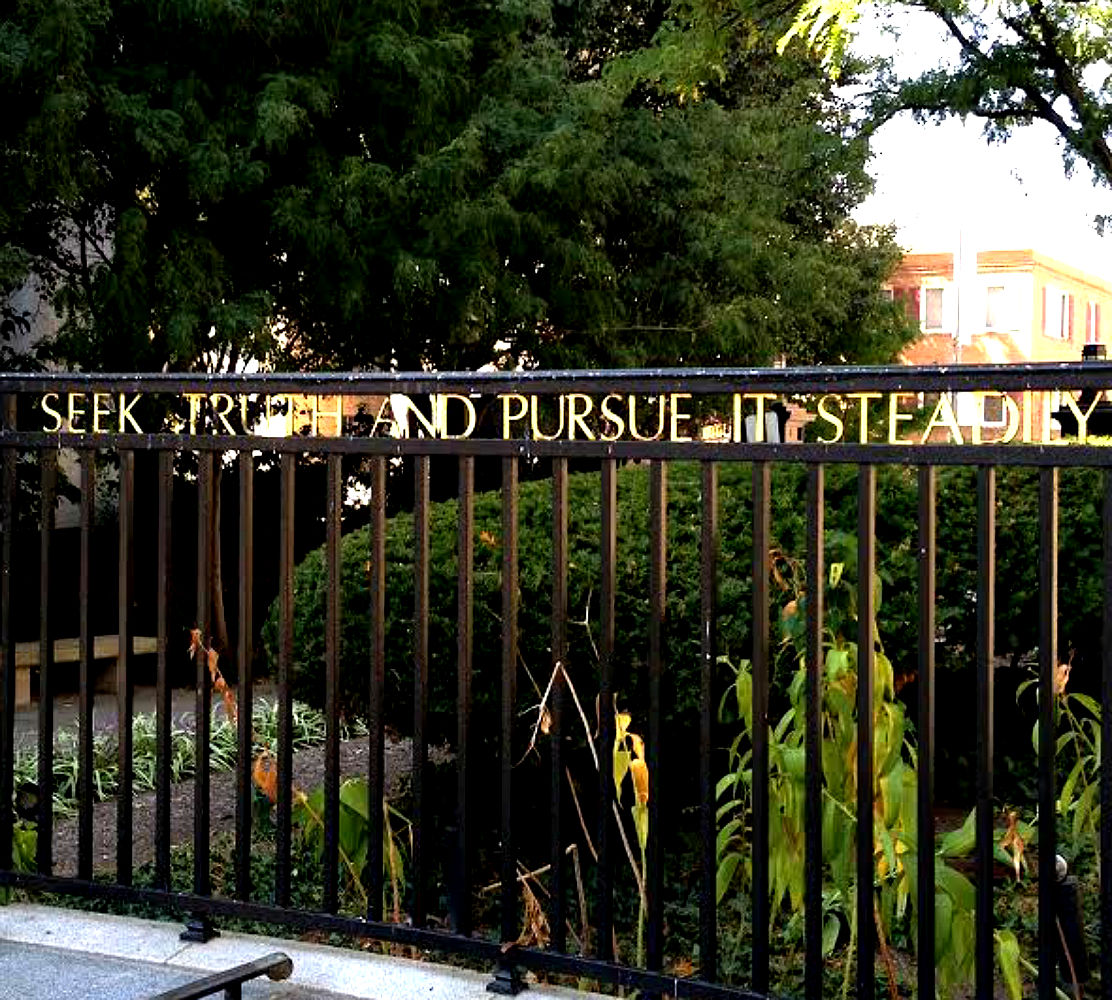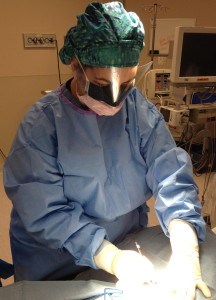Posting my piece written for Sermo, as a guest blogger on the Sermo Blog, April 13, 2015. Click on the link here (The Ultimate Patient Advocate)to see the original post.
Adding the quotes to set the tone, though, as I usually do. The graphic is also my own photography, as with all of the pictures on this blog. Enjoy!
“Only one rule in medical ethics need concern you — that action on your part which best conserves the interests of your patient.” – Dr. Martin H. Fischer, German-American Physician and Author
“A physician shall, while caring for a patient, regard responsibility to the patient as paramount.” – Principles of Medical Ethics, American Medical Association
“I pledge to pursue the practice of surgery with honesty and to place the welfare and the rights of my patient above all else.” – Fellowship Pledge, The American College of Surgeons
Advocating for patients is a core value in medicine, in patient care. Our legacy as patient advocates dates back to Hippocrates in 500 B.C.E., codified in the oath and teachings that have provided the moral and ethical foundation on which the profession has been built. Even the Code of Conduct for the American College of Surgeons includes as its first principle, “Serve as effective advocates of our patients’ needs.”
Physicians fundamentally care for patients, their families, our communities. We advocate on the small, individual scale for each patient, and we advocate on the large scale for the entire population of patients and society.
Continue reading









